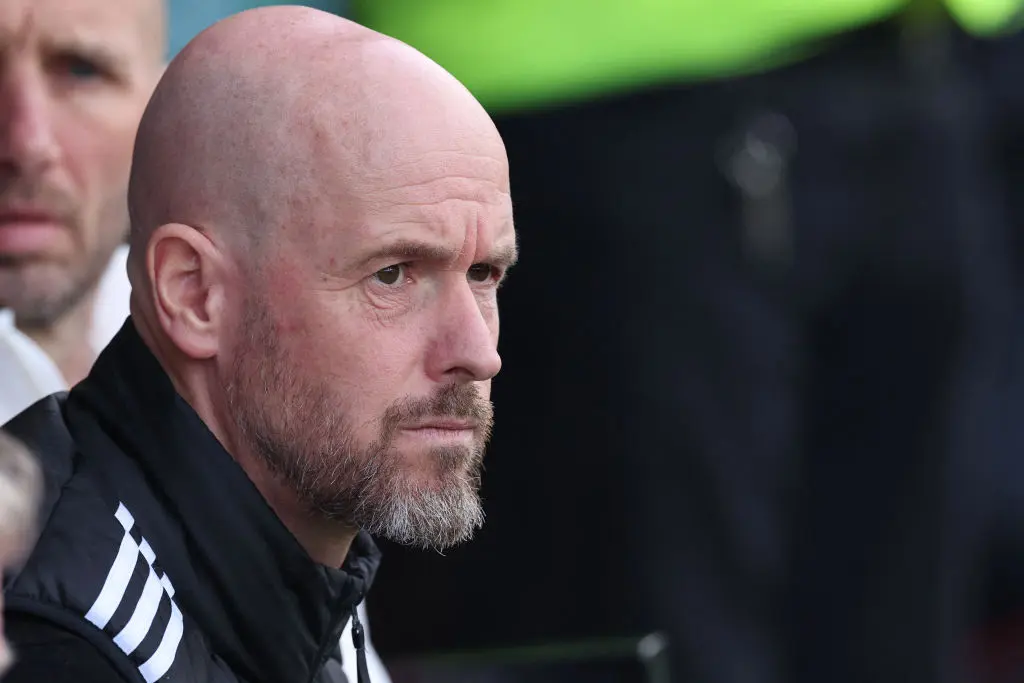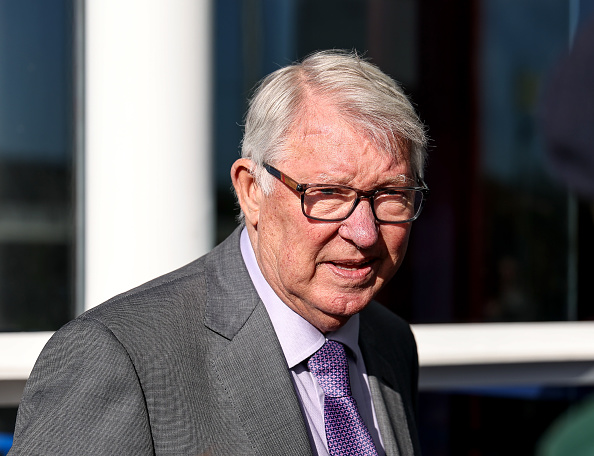Erik ten Hag has shared insights into the difficulties of managing modern footballers in his first interview since being sacked by Manchester United. Despite winning two trophies during his tenure, including an FA Cup victory over Manchester City, his reign was marred by tensions within the squad.
His successor, Ruben Amorim, is now grappling with the same issues, as United’s inconsistent performances have left them battling to stay in the top half of the Premier League table. One of the defining aspects of Ten Hag’s tenure was his strict disciplinary approach, which led to clashes with high-profile players.
Marcus Rashford, Jadon Sancho, and Alejandro Garnacho were all involved in disciplinary disputes under his management. While some critics felt Ten Hag was too harsh, the Dutchman defended his approach, arguing that professional players should be able to handle criticism without being demotivated.

Speaking to SEG Stories, Ten Hag explained how today’s players struggle to deal with direct feedback. He contrasted the current generation with those from his own playing days, noting that footballers used to have much “thicker skin.”
He admitted that his managerial style had to evolve because younger players take criticism more personally. If handled the wrong way, he suggested, criticism could demotivate them rather than push them to improve.
Ten Hag acknowledged that legendary managers like Sir Alex Ferguson could be far more direct with their players without causing friction. However, times have changed, and adapting to the emotional needs of modern footballers is now a crucial aspect of coaching.

He noted that effective leadership today requires choosing words carefully and taking a more nuanced approach to player management. Despite the challenges he faced, Ten Hag remained committed to Manchester United’s tradition of developing young talent.
His belief in emerging stars like Kobbie Mainoo highlights his dedication to integrating youth into the first team. Even though Raphael Varane suggested that some players were surprised when Ten Hag was awarded a contract extension, his close bond with younger players suggests that his impact at United was not entirely negative.
While Ten Hag’s time at Old Trafford did not end as he had hoped, his reflections highlight a broader shift in football management. The modern game demands more than just tactical expertise it requires an understanding of the evolving psychology of players.
Whether he returns to management soon or takes time to reassess his approach, Ten Hag’s insights offer valuable lessons for future coaching at the highest level.

